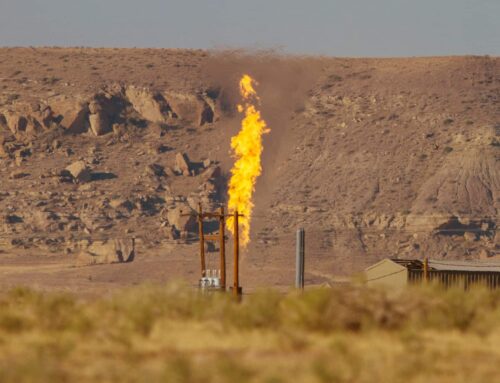A recent report by the Congressional Research Service (CRS) questions whether or not the nearly decade long, $1.65 billion FutureGen Project—DOE’s premiere “clean” coal project located in Illinois—will ultimately succeed. In its current iteration, the project would retrofit an existing power plant to create a 200 megawatt coal-fired oxy-fuel combustion power plant with carbon capture and storage technology.
“Nearly 10 years and two restructuring efforts since FutureGen's inception [in 2003],
the project is still in its early development stages,” the report says.
Over the years, the FutureGen Project has experienced many political and financial setbacks—from losing partners and building sites to outright cancellation—FutureGen’s past is riddled with failure. The project was revived in 2009 when the American Recovery and Reinvestment Act (ARRA) directed more than $1 billion to Ameren Corporation and the FutureGen Industrial Alliance. Prior to this award, the project was appropriated $174 million between FY2004-2008.
Today, approximately $34 million of the $1 billion award has been spent but it is still unclear if the project will be able to use the remaining funds before they expire on December 31, 2015—along with other unused ARRA funding. The project is currently projected to start construction in 2014 and begin commercial operation in 2017.
DOE recently approved Phase II of the project in February 2013. This includes preliminary design, per-construction and engineering and is expected to last approximately 16 months. While project proponents continue to appear to be moving forward, the CRS report notes, “questions remain as to whether or not FutureGen 2.0 will succeed.”
We don’t think it’s a question. For years, FutureGen has been doomed to failure. The only question that remains now is will the project take taxpayers' $1 billion down with it.
Asking taxpayers to finance high-risk, high-cost energy projects is fiscally irresponsible—especially in the current fiscal climate. If FutureGen is to continue moving forward, the mature and profitable members of the FutureGen Industrial Alliance and industry partners should bear the full risk and cost of the project, not federal taxpayers.










